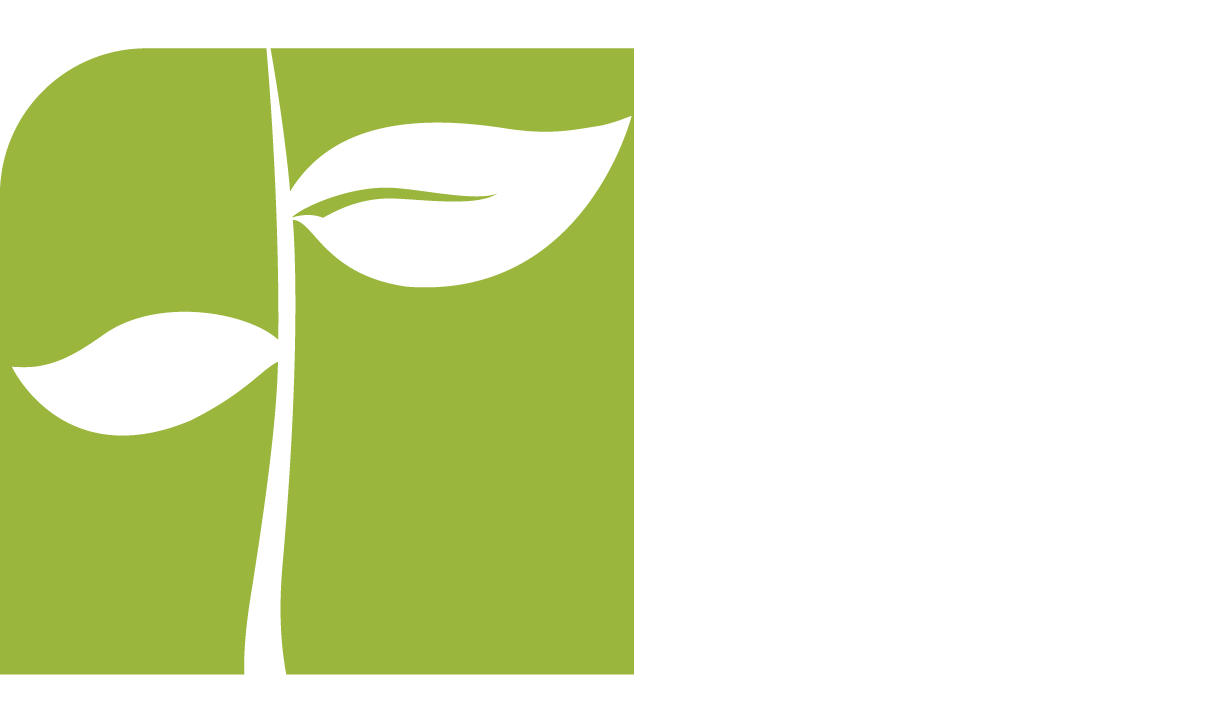Economic uncertainty and fierce competition reign supreme, thus optimizing EBITDA cash flow optimization is no longer merely a financial strategy; it’s a strategic imperative. Businesses that can effectively manage their cash flow position themselves for sustainable growth, enhanced profitability, and increased resilience.
A fractional CFO, with their deep-rooted financial expertise and strategic acumen, can be a game-changer in this regard. By providing tailored guidance and actionable insights, fractional CFOs can help businesses identify hidden opportunities, streamline operations, and unlock the full potential of their financial resources.
Understanding EBITDA Cash Flow Optimization
EBITDA cash flow optimization is a strategic approach that focuses on maximizing the cash generated by a company’s core operations, excluding non-cash expenses such as interest, taxes, depreciation, and amortization (EBITDA). By optimizing EBITDA cash flow, businesses can:
- Improve financial flexibility: Enhance their ability to invest in growth, pay down debt, or weather economic downturns.
- Enhance liquidity: Ensure that the company has sufficient cash on hand to meet its obligations and seize opportunities.
- Increase profitability: Improve overall financial performance by maximizing the efficiency of core operations.
- Enhance valuation: A strong EBITDA cash flow profile can increase a company’s valuation and attract investors.
EBITDA cash flow optimization is particularly important for businesses that:
- Operate in industries with high capital expenditures: Industries such as manufacturing, technology, and infrastructure often have significant upfront investments, making it essential to optimize cash flow.
- Face cyclical revenue patterns: Businesses with seasonal or cyclical revenue streams need to carefully manage cash flow to ensure financial stability throughout the year.
- Are experiencing rapid growth: Rapid growth can put a strain on cash flow as businesses invest in expansion and increased operations.
- Are seeking to improve their creditworthiness: A strong EBITDA cash flow profile can enhance a company’s creditworthiness, making it easier to obtain financing.
The Benefits of EBITDA Cash Flow Optimization
Optimizing EBITDA cash flow can offer numerous advantages for businesses. By improving cash flow, businesses can enhance their financial flexibility, allowing them to invest in growth, pay down debt, or weather economic downturns. Additionally, a strong cash position can improve a company’s creditworthiness, making it easier to obtain financing. Moreover, increased cash flow can lead to higher profits and improved financial performance, ultimately driving sustainable growth and success.
The Role of a Fractional CFO in EBITDA Cash Flow Optimization
A fractional CFO can be a strategic asset for businesses seeking to optimize EBITDA cash flow. By leveraging their expertise, fractional CFOs can provide valuable insights, conduct financial analysis, improve cash flow management, and identify cost-saving opportunities.
Benefits of Partnering with a Fractional CFO
By partnering with a fractional CFO, businesses can:
- Gain strategic insights: Identify areas for improvement and develop effective strategies.
- Benefit from expert guidance: Leverage the expertise of a seasoned financial professional.
- Receive tailored solutions: Get customized advice to address specific needs.
- Improve financial performance: Enhance profitability, liquidity, and overall financial health.
Key Strategies for Optimizing EBITDA Cash Flow
Revenue Enhancement
- Expand market reach: Explore new markets or customer segments to increase sales.
- Optimize pricing: Analyze pricing strategies to ensure that products or services are priced competitively and profitably.
- Enhance customer satisfaction: Improve customer satisfaction to increase customer loyalty and repeat business.
- Introduce new products or services: Develop and launch new products or services to drive revenue growth.
Cost Reduction
- Optimize inventory management: Minimize excess inventory and reduce holding costs.
- Negotiate better terms with suppliers: Secure favorable terms for purchases and materials.
- Improve operational efficiency: Identify and eliminate inefficiencies in production, distribution, or other areas of the business.
- Reduce overhead costs: Explore administrative and overhead cost reduction strategies.
Working Capital Management
- Optimize accounts receivable: Implement strategies to collect payments promptly and reduce bad debt.
- Manage accounts payable: Negotiate favorable payment terms with suppliers and avoid unnecessary late fees.
- Improve inventory turnover: Reduce the time it takes to sell inventory and convert it into cash.
Financial Forecasting
- Develop accurate financial forecasts: Comprehensive financial planning can be achieved by using historical data and industry trends to predict future financial performance.
- Identify potential cash flow issues: Analyze forecasts to identify potential cash flow bottlenecks and take proactive measures to address them.
- Adjust strategies as needed: Be prepared to adjust strategies and plans based on changes in the business environment or financial performance.
New Life CFO Is Your Partner in EBITDA Cash Flow Optimization
Optimizing EBITDA cash flow is not merely a financial goal; it’s a strategic imperative for businesses seeking sustainable growth and resilience. By harnessing the power of a fractional CFO, companies can unlock hidden opportunities, enhance financial performance, and position themselves for long-term success.
New Life CFO offers expert fractional CFO services tailored to meet your unique business needs. Our experienced professionals can provide strategic guidance, financial analysis, and tailored solutions to help you optimize EBITDA cash flow and drive sustainable growth.
Don’t let financial challenges hold your business back. Contact New Life CFO today for a free consultation and learn how our fractional CFO services can help you achieve your goals.


